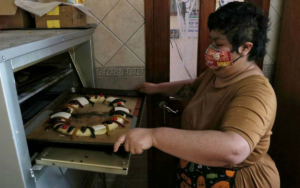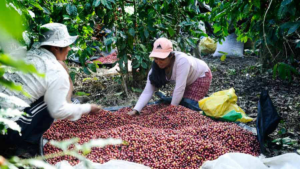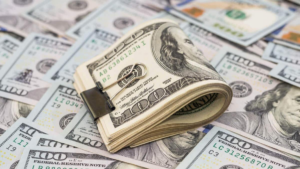El Salvador’s Consumer Price Index (CPI) stood at 131.29 points in july, registering a deflation of -0.14%, according to data from the Banco Central de Reserva (BCR). With this result, the country has seen four consecutive months of falling prices, following negative variations in april (-0.11%), may (-0.21%), and june (-0.17%).

Of the 12 categories that make up the CPI, six closed negative in july. Transportation topped the list with a decrease of -2.12%, while food and non-alcoholic beverages registered their tenth consecutive month of negative territory, at -1.85%. The education sector registered no changes, and areas such as communications, healthcare, and clothing reported only slight variations.
President Nayib Bukele described this performance as a positive result for the national economy. He noted that deflation is not due to a drop in demand, as consumption grew 3.9% in the last quarter, reflecting economic dynamism despite the drop in prices.

Bukele attributed the price reduction to various measures promoted by his government, including the elimination of extortion, tariff reductions, increased productivity, the resolution of logistical bottlenecks, and the elimination of intermediaries in distribution chains.
The president maintained that these actions have not only contained the cost of living but have also strengthened the population’s purchasing power, creating a more favorable environment for trade and investment in the country. According to the BCR, the deflationary trend will continue to be monitored to assess its long-term impact.








